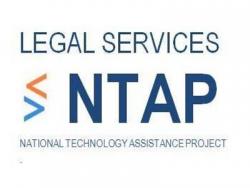Forms
Standardized Court Forms
Standardized court forms are the linchpin to successful self-represented litigant (SRL) services, aiding SRLs, court staff, attorneys, and judges.
SRLs benefit because standardized forms facilitate access to the court, as well as make transparent the legally relevant facts necessary for a decision on the merits. In other words, a well written form can help a litigant understand what the judge needs to know, thereby making the SRL more efficient during hearings.
Court staff benefit because standardized court forms preserve staff neutrality, standardize information, ease training burdens, and increase individual and system efficiency; a good standardized form will provide court staff with all the necessary and relevant information located in predictable places on the document.
Attorneys benefit because standardized forms reduce the administrative and clerical load on attorneys, allowing attorneys to spend more of their time practicing at the top of their licenses, providing legal advice.
Judges benefit because standardized forms allow them to locate quickly and easily the necessary and relevant information to render a decision.
Finally, in addition to improving access courts, standardized forms improve the quality of justice by ensuring that all judges in that jurisdiction are briefed consistently on all of the necessary elements to any particular procedural or substantive request; when individual judges or courts within a jurisdiction create their own forms, inconsistency necessarily creeps in. Standardized court forms improve the consistency and transparency of the judicial branch, both of which are essential for public trust and confidence in the courts.
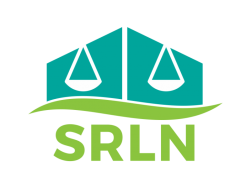
SRLN 2021 Forms Competition
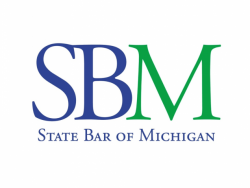
Resource: Michigan Bar's Limited Scope Tool Kit (Michigan State Bar 2020)
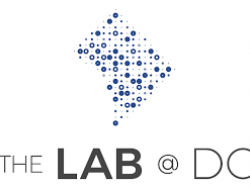
Conference: The Lab @DC, Office of the City Administrator Form-a-Palooza (Washington, DC 2018)
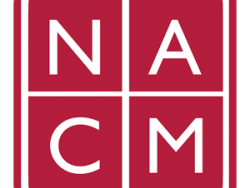
Webinar: How to Incorporate Plain Language into Court Forms, Websites, and Other Materials (NACM 2017)
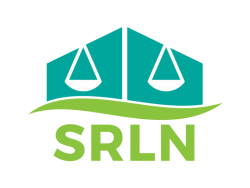
SRLN 2017 Forms Competition
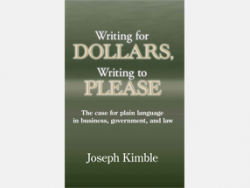
Book: Writing for Dollars, Writing to Please The Case for Plain Language in Business, Government, and Law (Kimble 2012)
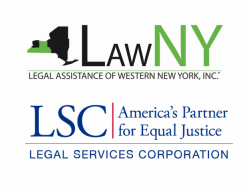
Report: Can Translation Software Help Legal Services Agencies Deliver Legal Information More Effectively in Foreign Languages and Plain English? (Hineline & Hogue 2013)
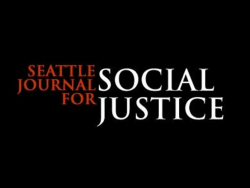
Article: Improving Access to Justice: Plain Language Family Law Court Forms in Washington State (Dyer, Fairbanks, Greiner, Barron, Skreen, Cerrillo-Ramirez, Lee, Hinsee 2013)
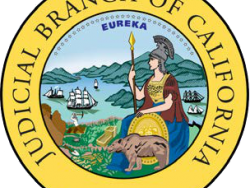
Weblinks: Efficiencies and Innovation in California (Judicial Branch of California 2015)
